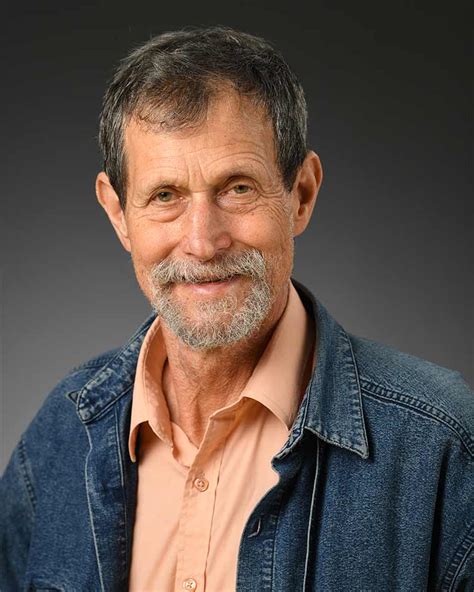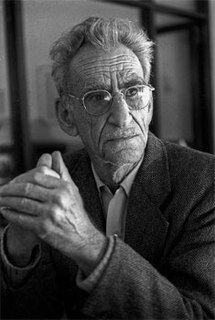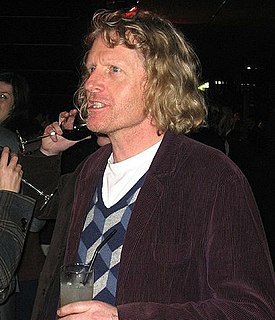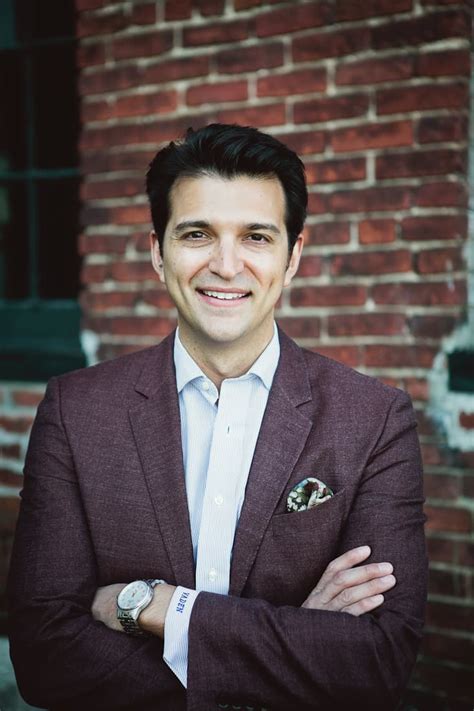A Quote by Helen Bevington
It seems an odd idea to my students that poetry, like all art, leads us away from itself, back to the world in which we live. It furnishes the vision. It shows with intense clarity what is already there.
Related Quotes
Howard Altmann has found a way to make language transform itself. If the elusive moment between I and Thou could speak, it might be one of his quietly amazing lines-'you ask the silence to invert itself / like a gymnast in the dark . . . ' Without a trace of rhetoric, In This House reminds us of the power of poetry: to show us how to live in a world in which we are strangers. It's a thrill to come close to such an original and deeply realized art.
I think of poetry as something out there in the world and within each of us. I don't mean that everyone can write poetry - it's an art, a craft, it requires enormous commitment like any art. But there's a core of desire in each of us and poetry goes to and comes from that core. It's the social, economic, institutional gap that makes it difficult.
Much like teaching art to young art students age 10 to 15 or so on, you have to break it down into bite-sized pieces, essential components. You have to - you know, at this point I'm so used to operating within given assumptions about art. But when you're explaining art to art students or people who are new to this experience, you have to really go back to the fundamentals.
Feelings like disappointment, embarrassment, irritation, resentment, anger, jealousy, and fear, instead of being bad news, are actually very clear moments that teach us where it is that we’re holding back. They teach us to perk up and lean in when we feel we’d rather collapse and back away. They’re like messengers that show us, with terrifying clarity, exactly where we’re stuck. This very moment is the perfect teacher, and, lucky for us, it’s with us wherever we are.
The amount of our endurance is directly proportionate to the clarity of our vision, so the practical application is we need to spend time to develop clarity of vision. What do you want your life to look like five, ten or fifteen years from now? Oftentimes, it's not so much a lack of discipline but a lack of vision.






































